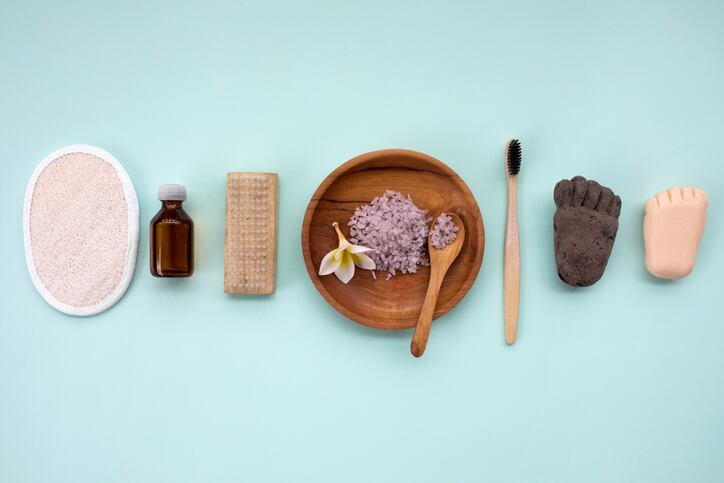Addressing attendees at last week’s SCS Formulate 2019 in Coventry, UK, futurologist and founder of Hint Futurology Helga Hertsig-Lavocah said there was a ‘no mentality’ bubbling under the surface of the traditional consumer desire to consume, consume, consume.
“It’s about not buying; not using things,” Hertsig-Lavocah said. “…Less is more; we all know people want less things.”
As time went on, she said this would start to influence consumer behaviour – from the number of showers they took to how they stored their food – and industry had to align accordingly.
“What about if we use mists instead of full-blown showers? What would that mean for our shampoos and shower gels?”
Reductionism and ensuring sustainability was the side effect, Hertsig-Lavocah said, were two key priorities industry had to consider.
“Reductionism is, for me, the big thing (…) Reductionism in terms of the amount of shower gels, shampoos and everything we’re putting out there. And then not having this thing that ‘just because it’s sustainable it will sell’.”
Next stage in cosmetics innovation will be ‘super exciting’
Speaking to CosmeticsDesign-Europe after her presentation, Hertsig-Lavocah said: “I think the next stage in innovation is going to be super exciting because I think we’re going to be game-changing. I think we’re going to see a massive shift in the types of products that we use.”
“It’s going to start really small; it’s going to start with the disrupting brands,” she said – a segment consumers now had an appetite for.
“Things will change. Our shop shelves are going to look totally different. I don’t think we’re going to be having five bottles on the shelf with a shower gel, those wash-off body lotions and a conditioner. I don’t know how exactly it’s going to change, but that’s where I feel we are going,” Hertsig-Loavocah said.
Whilst reductionism and sustainability as a side effect was a way off being mainstream in beauty, she said it would pick up pace, following in the footsteps of examples like the keep cup.
Beauty baristas, biotech and smart packaging
Hertsig-Lavocah said beauty and personal care could draw inspiration from a whole range of sectors and product innovation, beyond beauty and from the past.
Looking back at the hugely successful model of coffee shops and cocktail bars, for example, where baristas and mixologists provided a friendly, personalised service and subsequent consumable. This model, she said, could provide inspiration to the beauty category.
“Moving to a completely different model – that’s what I’d like to see happening for the cosmetics and toiletries industry. That we move to this model of having a conversation and not just a transaction.”
Drawing inspiration from beverage firms making bio-chemically engineered whiskey and coffee, she said, could also spark innovation in beauty or looking at ideas coming out of Dutch Design Week, such as sustainable wood packaging that infused notes and flavours into liquid products or smart face masks to read skin microflora.
“I must admit, I do look a lot to the food and beverage industry, because a lot of consumers are changing their habits there,” Hertsig-Lavocah said. Product innovations in this space, therefore, had primed consumers to accept reductionism and sustainability as a given also in beauty, she said.
Helga’s Future Beauty Brainstorm
What about small dashed lines indicating where consumers could cut tubes to get the last bits of cream, toothpaste or gel out of a tube? As well as providing more product for the consumer, it also makes for easier flattening, stacking and recycling afterwards. “Something as silly and simple as that could be a game-changer. I think we’re often trying to find really difficult solutions, but the solutions can be mind-numbingly simple and make a big change.”
Or what about offering just two shower gels with in-shower add-ons for consumers to customise their product according to their mood or needs? This would create “a sense of excitement and experimentation and novelty and joy; because after all, our industry is a lot about joy”.

